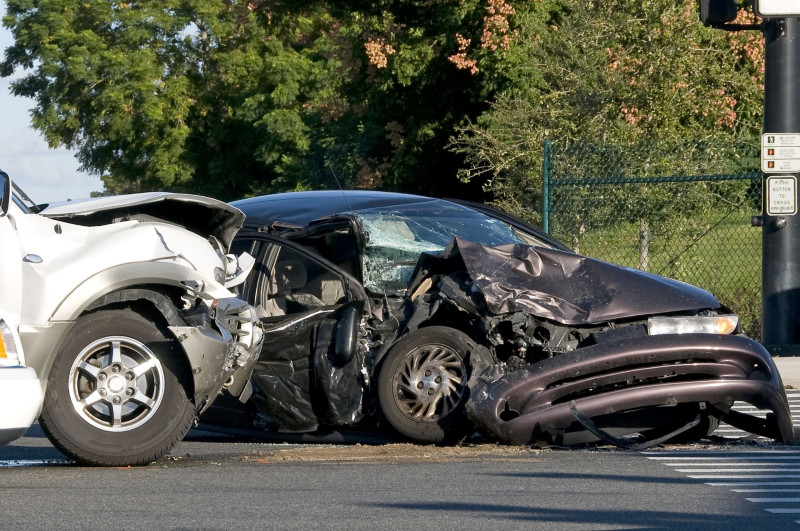If you are charged with a DWI or DUI, you might be looking for a DWI attorney in Arlington, TX. The charges and punishments for DUI and DWI are different from state to state, and some states do not use both terms. Additionally, some states use one term over the other exclusively, but in those states where both terms are recognized, the division between DWI and DUI are clearly defined.
DWI stands for Driving While Intoxicated or Driving While Impaired, and just as the term implies, is used when the driver is determined to be driving while intoxicated. DUI stands for driving while under the influence, which is used when it is determined that the driver is driving under the influence of alcohol or drugs. Whenever a driver is charged with either DWI or DUI, the law enforcement officer deems the driver incapable of safely operating the vehicle. Unlike with DWI, the driver may be charged with DUI even if a breath test is performed and indicates blood alcohol content under the legal limit.
One other difference between a DWI and a DUI is the severity of the charges. In most jurisdictions, a DWI is a greater offense than a DUI. It is possible for a DWI charge to be reduced to a DUI, but this usually happens only after certain other criteria are met. A DWI attorney in Arlington, TX may be able to help you reduce these charges.
Some of the criteria that influence the decision to reduce the charge from DWI to DUI include whether it is the individual’s first offense, how much above the legal blood alcohol limit the person’s blood alcohol content is, and whether the individual shows personal remorse for what he or she has done. Many states that recognize both terms use DWI to indicate that the driver was driving under the influence of alcohol, and DUI is used to indicate the driver was driving under the influence of drugs.
Furthermore, many states practice what is known as a zero tolerance policy. These states do not make a distinction between DUI and DWI and charge the driver with the crime if his or her blood alcohol content is over the legal limit, regardless of any other circumstances. What this means to drivers is that regardless if he or she exhibits any of the telltale signs of driving while intoxicated or under the influence of alcohol or drugs, if your blood alcohol content is over the legal limit, the driver will be arrested for DUI or DWI. If you are caught in this situation, you should hire a DWI attorney in Arlington, TX to serve as your advocate.



